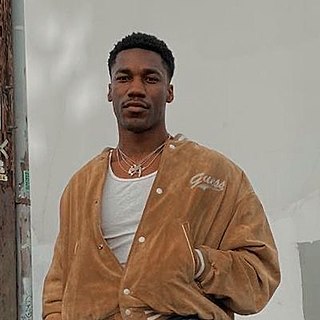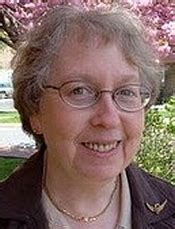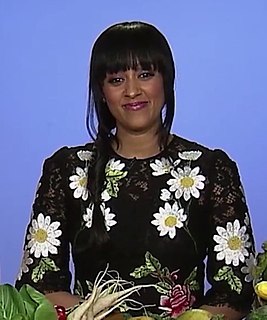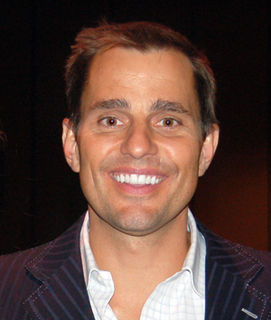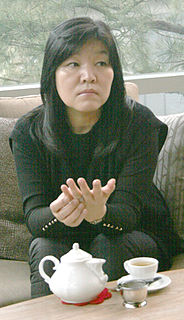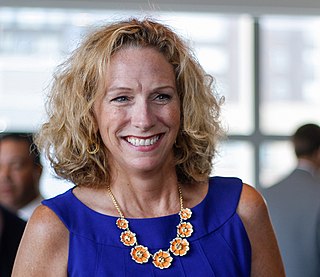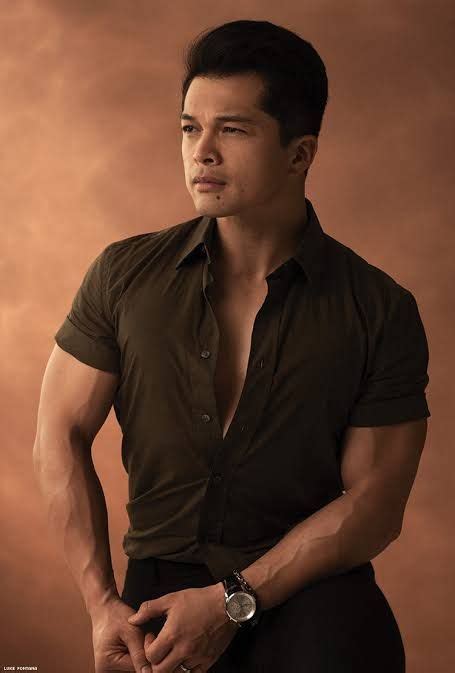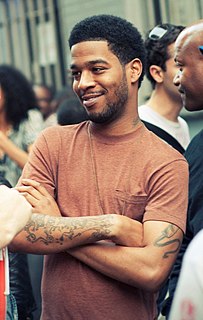A Quote by Jason Isbell
My wife and I both grew up with parents who were very young. Her mom was, I think, 17 or 18 when she was born; my mom was 15 when I was born. So, as we got older, we started thinking a lot about that - about the time that those people missed because we came along when we did and because they devoted so much of their lives to taking care of us.
Related Quotes
...when I came back, I found Mom sobbing at the kitchen table...Then I asked her what had happened. 'Nothing,'she said. 'I was thinking about that man...I started thinking about...if he and his wife and their other child are okay, and I don't know. It just got to me.' 'I know,' I said, because I did know. Sometimes it's safer to cry about people you don't know than to think about people you really love.
My love for cooking began when I was young. Because my parents were in the army, they were both really busy. A lot of times I'd have to cook for the family; I'd rotate with my siblings. It started out as a chore, but as I got older, my mom started to see that I was really good at it. I became her sous chef.
My wife was born and raised in Italy until she was about 9, and then she came to America, and her mom was a great cook, and they have great recipes, and whenever her mom would come into town, we would have all these friends just randomly showing up at our house, and eventually we figured out why. They wanted Mama's cooking.
...I have so many dreams of my own, and I remember things from my childhood, from when I was a girl and a young woman, and I haven't forgotten a thing. So why did we think of Mom as a mom from the very beginning? She didn't have the opportunity to pursue her dreams, and all by herself, faced everything the era dealt her, poverty and sadness, and she couldn't do anything about her very bad lot in life other than suffer through it and get beyond it and live her life to the very best of her ability, giving her body and her heart to it completely. Why did I never give a thought to Mom's dreams?
My dad and mom were more like World War II-era parents, even though it was the 1960s, because they were both born in the '40s. They were young adults before the '60s even happened, and married, and already having kids. But by the time we were adolescents in the '70s, the whole culture was screaming at parents, "You're a good parent if you're open with your kids about sex." They attempted to be open with us about sex, and it made them want to die, and consequently, it made us want to die.
(Talks about her grandmother Marjorie Finlay)"She was actually a recording star in Puerto Rico when my mom was growing up. My mom was always stuck sitting backstage somewhere or sitting in a front row, watching a performance her entire childhood. She thought that when her mom stopped performing she was relieved of those duties, but all I wanted to do was sing, ever since I was born, so she's always been backstage.
My dad was born in Haiti, and my mom was born in Tunisia. She is the daughter of a white French woman and a black, half-Guadeloupian, half-American man. My mom traveled the world a lot. She went through Africa, South America, and the Caribbean. She just got to experience a lot of different cultures, and that came through my childhood.
Initially, the only thing that mattered to me - I was too young to understand the politics of the day - was that there was a woman who was covering the NFL. I asked my mom if I could be a sportscaster when I grew up. My mom was an adventurous spirit herself. Much to my mom's credit, she said, "Yes, you can." It didn't matter to her that no other women were doing it at the time. It didn't matter to her that there was a double standard. It just mattered that her daughter had a dream and she was going to help her pursue that.
My mom missed meals on several occasions because there was only enough food to feed all of us. My mom didn't have a bed until I was 15 years old. She slept on a couch... I remember laying with her, like I used to sleep with my mom until I was like 12. I was a big baby; I'm a momma's boy. But my mom is my best friend, and never let me down, ever.
When I was younger, it's like, 'Mom works. Normal adult stuff.' But you mature and start to look at it differently. I watched my mom struggle. She comes home tired. She doesn't want to do anything. As I got older, I started thinking, 'My mom doesn't deserve this.' My whole devotion became to get my mom out of that trailer.
My mom always said to us, "You cannot judge anybody because of the color of skin." There were a lot of African immigrants in Italy at the time, and people would not even say hi in the street. And my mom, she would invite these people to the house. This is what I got from my mom: to not judge people because of their sexuality, their skin color, their religion, nothing.
I might sound crazy about this but, years ago, my mom told me: "We almost died when you were born. Both of us." I was a Caesarean baby, and the doctor who delivered me later told me, "I opened your mother up, and you were right there. It freaked me out because everything was broken and out-there." I've thought about it a lot - could this have something to do with the fact that I'm only happy when I'm at home and alone? Maybe I was just freaking out for two weeks before I was born, feeling really insecure.

